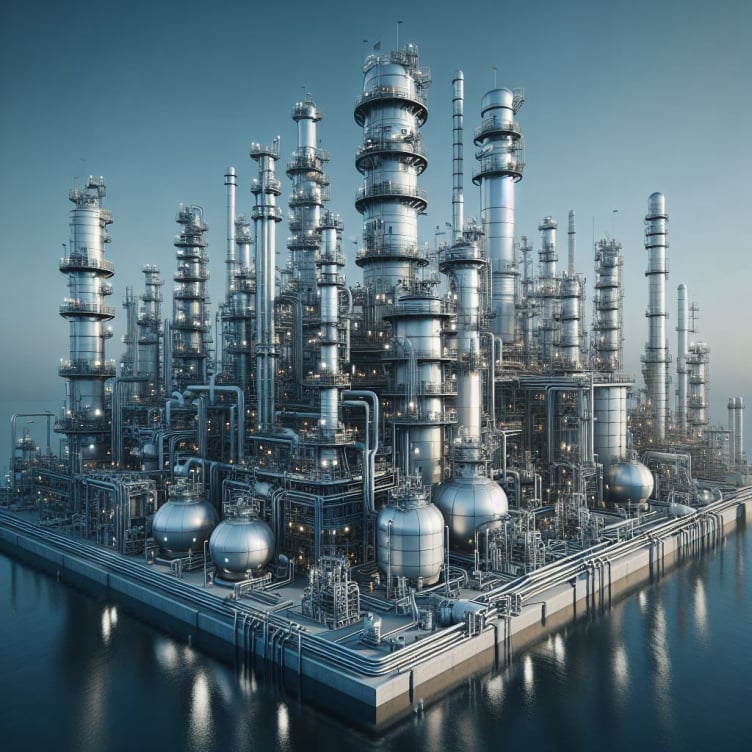
Industrial Applications
Catalysts play a crucial role in industrial processes, triggering essential chemical reactions and accelerating the production of a variety of products, from petrochemicals to fertilizers. Their role is particularly significant in sectors such as petrochemical production, ammonia synthesis, and petroleum refining.
DELVE QUÍMICA redefines standards, providing unparalleled efficiency in industrial processes. Whether in the production of high-quality petrochemicals or the effective refining of petroleum, our catalysts are the key to operational success.
